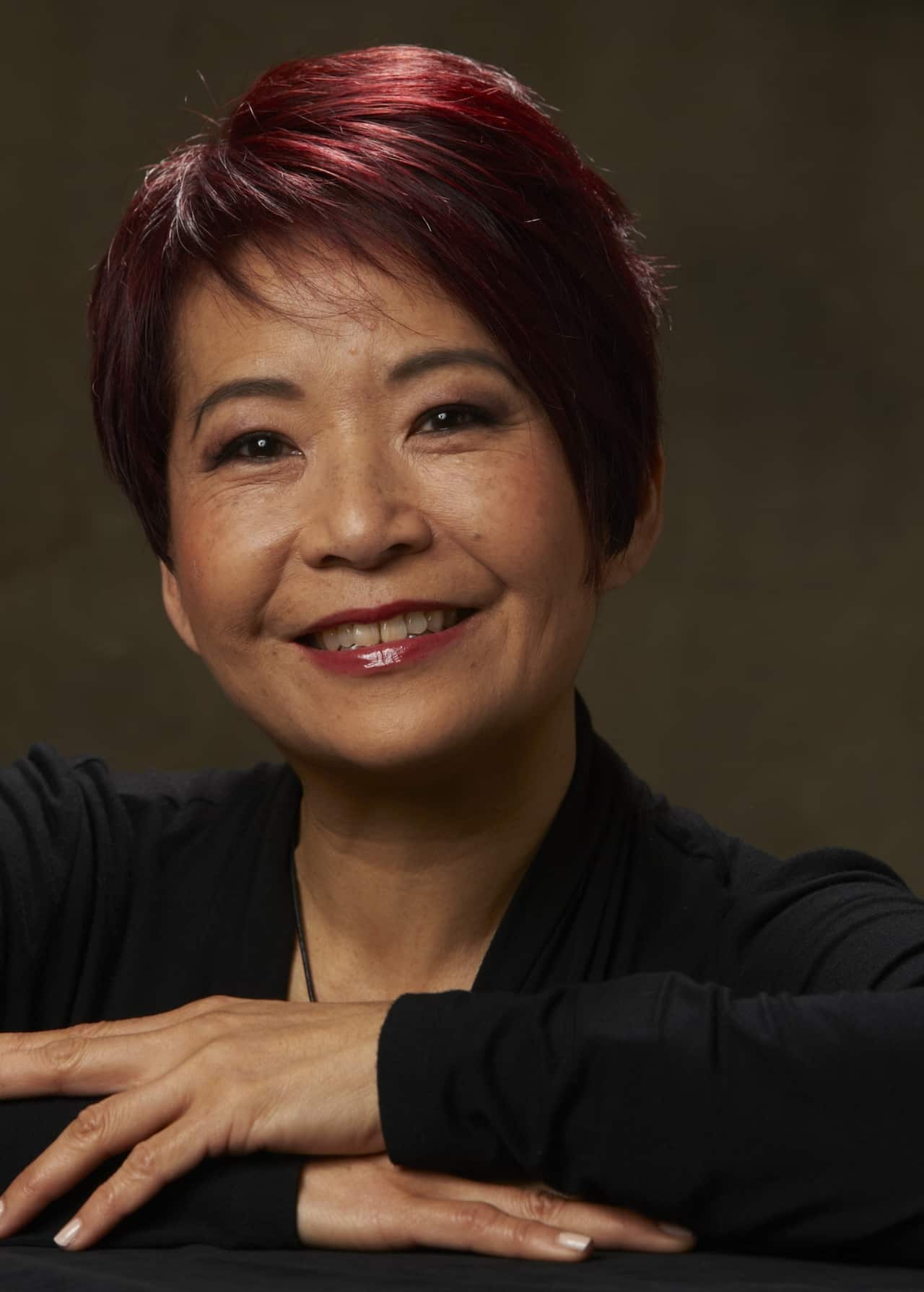According to some insiders the national report card would read something like "slowly improving, but much more work needed."
"I have been working in film and television and on stage for almost 30 years now and change has been very, very slow," said the industry member of Chinese ancestry.
"The faces of our cities have changed, but what we are seeing on stage and on screen has not kept up." Ms Wah is Executive Producer at , a professional arts company based in Sydney that is dedicated to developing and championing Asian-Australian artists.
Ms Wah is Executive Producer at , a professional arts company based in Sydney that is dedicated to developing and championing Asian-Australian artists.

Actor Annette Shun Wah says diverse casting has helped make reality television commercially successful. Photo by Brian Geach. Source: Supplied
She says Australia's television, film and theatre casting system discriminates against performers with Asian backgrounds.
"When there are auditions and casting for productions unless a role is described specifically by its ethnicity, which most are not, then people of ethnic background are generally not asked to audition," she said.
"This makes it very difficult for people regardless of their degree of talent or skill or expertise to make their way in the industry."
"The faces of our cities have changed, but what we are seeing on stage and on screen has not kept up."
The actor says one argument put forward is that audiences are not ready for diverse casts, but she says that is not true.
"If you look at the most commercially successful programs around at the moment they are the reality TV programs. They have no problems with a culturally-diverse cast."
Encouraging diversity
In August last year the Equity Diversity Committee at the union Actors Equity launched the campaign in a bid to encourage producers, casting directors and directors to cast more diversely.
It asks writers to pledge to add a statement to their casting briefs encouraging diverse casting when the roles do not specifically state ethnicity or whether someone is able-bodied or not.
"That is now happening more in more casting briefs," co-chairwoman of the Equity Diversity Committee, actor and filmmaker, Pearl Tan said.
"Things like that really trigger people to think more widely."
Indigenous success a model for others
Over many years there has been targeted support, training and mentoring of Indigenous people in the arts.
That has resulted in some well-connected and high-profile performers, directors and producers.
Among them Wayne Blair, who directed the highly successful feature film, The Sapphires, as well as Rachel Perkins, who is best known for directing the 2009 feature film Bran Nue Dae.
Related reading

Oscars boycott racist to whites: Rampling
Both directed the powerful television series Redfern Now, about Indigenous Australians living in Sydney.
The federal government agency that supports film and television productions, , has taken an active approach to increase the representation of Indigenous people.
"We have actually set up a specific department to deal with it," the head of its Business and Audience Department, Richard Harris said.
"And we have engaged in the marketplace, specifically broadcasters ABC and SBS.
"That has meant very close engagement with Indigenous filmmakers from the early stages, through development of their career and development of their projects, all the way through to those projects going to the market place.
"It is a long burn. But it has had really great results."
"The most under-represented in Australia are actors with disability."
The Equity Diversity Committee would like to see the type of support offered to Indigenous artists used as a template to help other people, in particular those with disability.
"I think the most under-represented in Australia are actors with disability," Ms Tan said.
"Apparently 20 per cent of the population are disabled and we do not see that on our screens in particular, or on our stages." is an emerging writer and actor with cerebral palsy.
is an emerging writer and actor with cerebral palsy.

Emily Dash is a writer and performer with Can you see Me? Theatre, a company of actors with a physical disability paired with able bodied actors, which aims to give people with disability visability in a mainstream setting. Source: Supplied
The 25 year old says storylines featuring people with disability are few and far between, and usually depict them inaccurately.
"When there is a story about people with disabilities often it is portrayed by a person without a disability, and this is one of my pet hates," she said.
The actor feels it is not just her disability that puts her at a disadvantage. She says her gender has been a barrier too.
"The [boycott the Oscars] debate gives me hope that other minority groups will start making strides," she said.
Quotas among options
Screen Australia is currently carrying out research into racial and cultural diversity in Australian television drama. The findings will inform the agency's strategic interventions.
"You do not want to set-up a sort of formal quota," said Richard Harris.
"But you do want to be able to say [that] we know that this is what the landscape is right now."
"And if we can work towards getting a broader representation of Australians over time it would be nice to have some targets and numbers that are based on reality and not on what we perceive."









